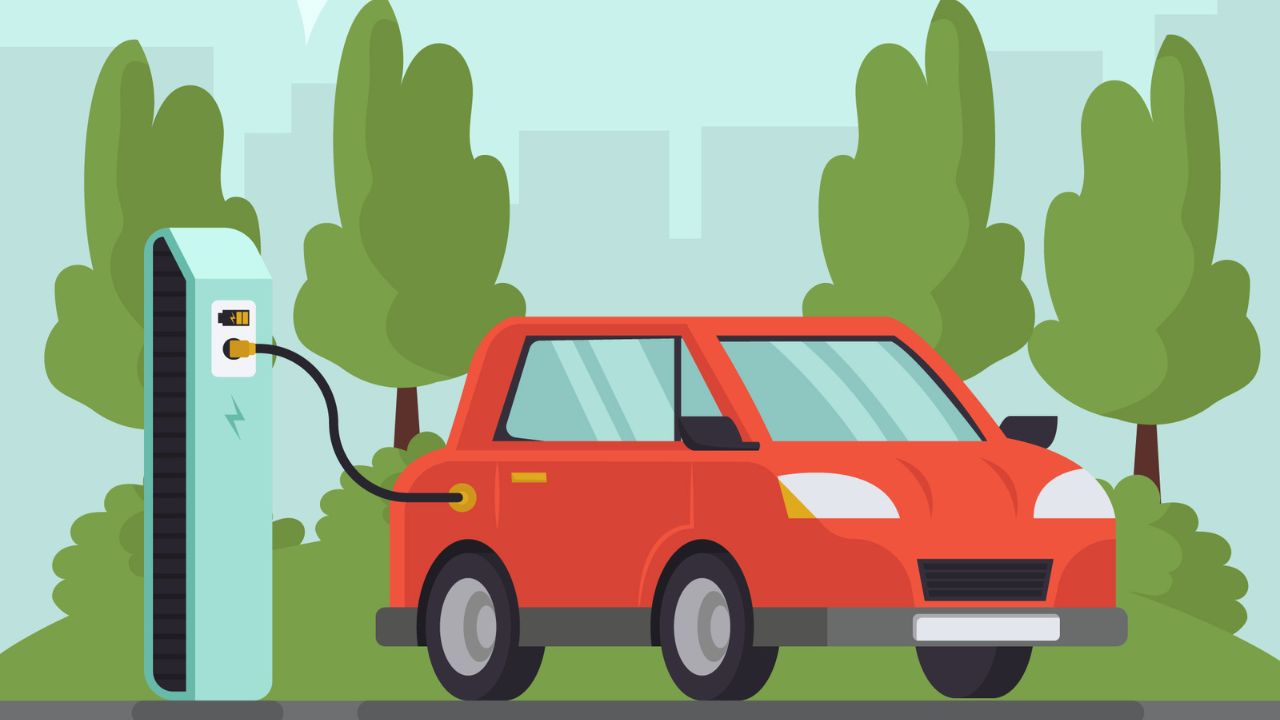The Maharashtra government has unveiled an ambitious electric vehicle (EV) policy, aiming to transform the state's transportation landscape. The policy sets a target for EVs to constitute 10 per cent of all new vehicle registrations by 2025, reflecting a significant push towards sustainable mobility.
Financial Incentives: Making EVs More Accessible
To encourage EV adoption, the policy offers substantial demand-side incentives. Buyers of electric two-wheelers can avail subsidies of up to ₹10,000, while electric three-wheelers and four-wheelers are eligible for incentives up to ₹30,000 and ₹1.5 lakh, respectively. An early bird discount of ₹5,000 per kWh of battery capacity is available for purchases made before December 31, 2021.
Tax Exemptions & Scrappage Incentives
All EVs sold in Maharashtra are exempt from road tax and registration charges, reducing the overall cost of ownership. Additionally, the policy introduces scrappage incentives ranging from ₹7,000 for electric two-wheelers to ₹25,000 for electric four-wheelers, encouraging the replacement of older, polluting vehicles.
EVs Charging Infrastructure
Recognising the importance of charging infrastructure, the policy plans to establish 2,500 charging stations across urban areas and major highways, including Mumbai, Pune, Nagpur, and the Mumbai-Pune Motorway. Incentives cover up to 60 per cent of the cost for slow charging stations and up to 50 per cent for moderate and fast charging stations, with maximum subsidies of ₹10,000 and ₹5 lakh, respectively.
Electrifying Public Transport
The policy mandates that starting April 2022, all new government vehicles in major cities will be electric. Furthermore, it aims to electrify 25 per cent of public transport and last-mile delivery vehicles in six urban agglomerations—Mumbai, Pune, Nagpur, Aurangabad, Amravati, and Nashik—by 2025.




